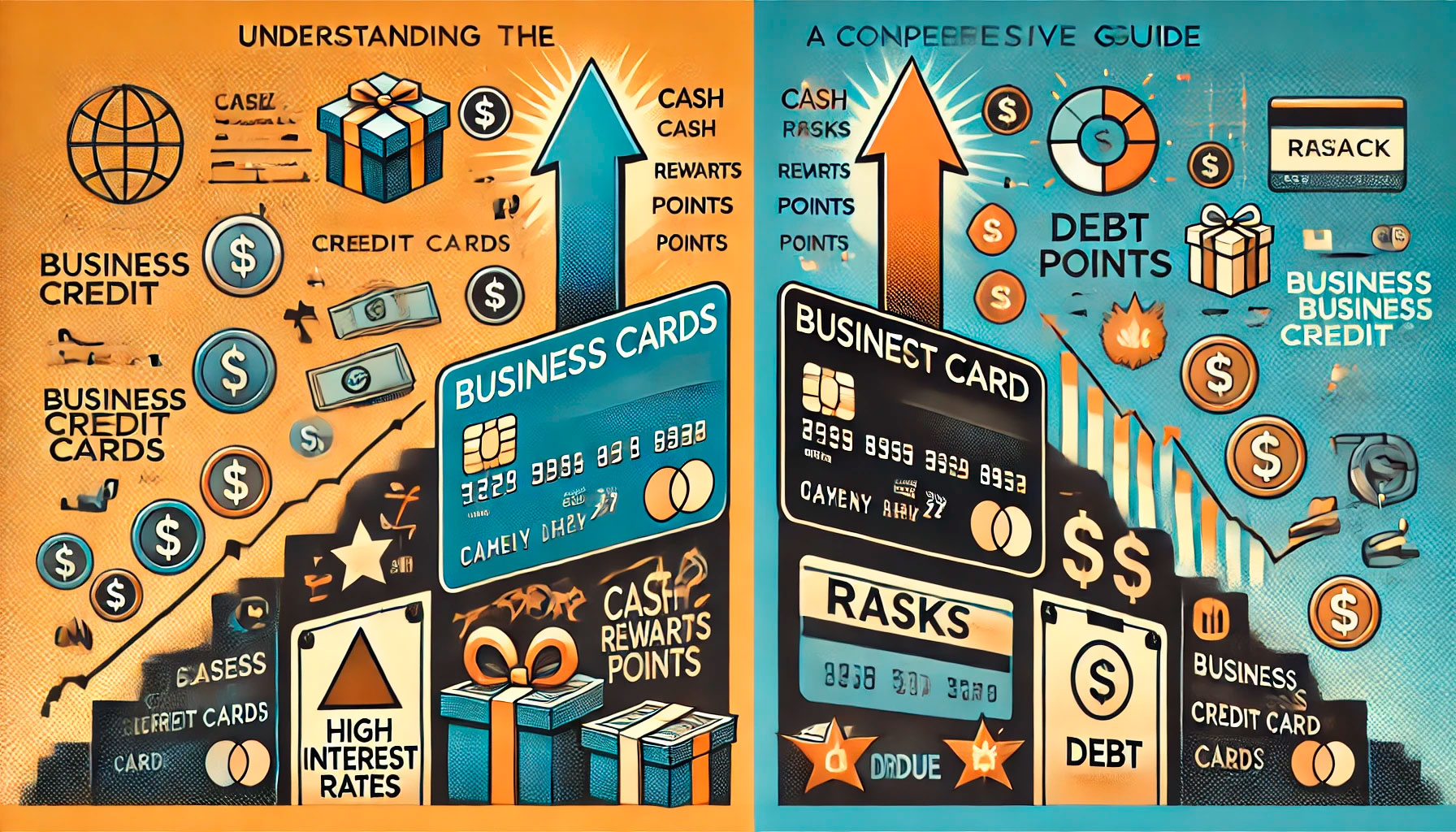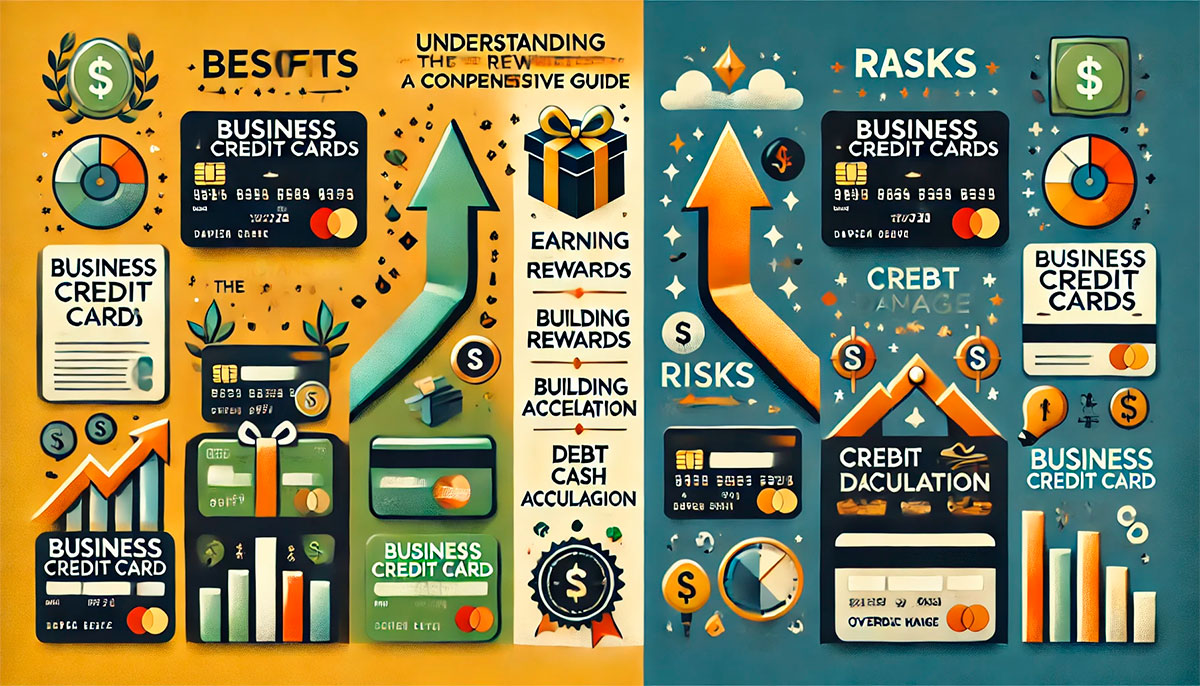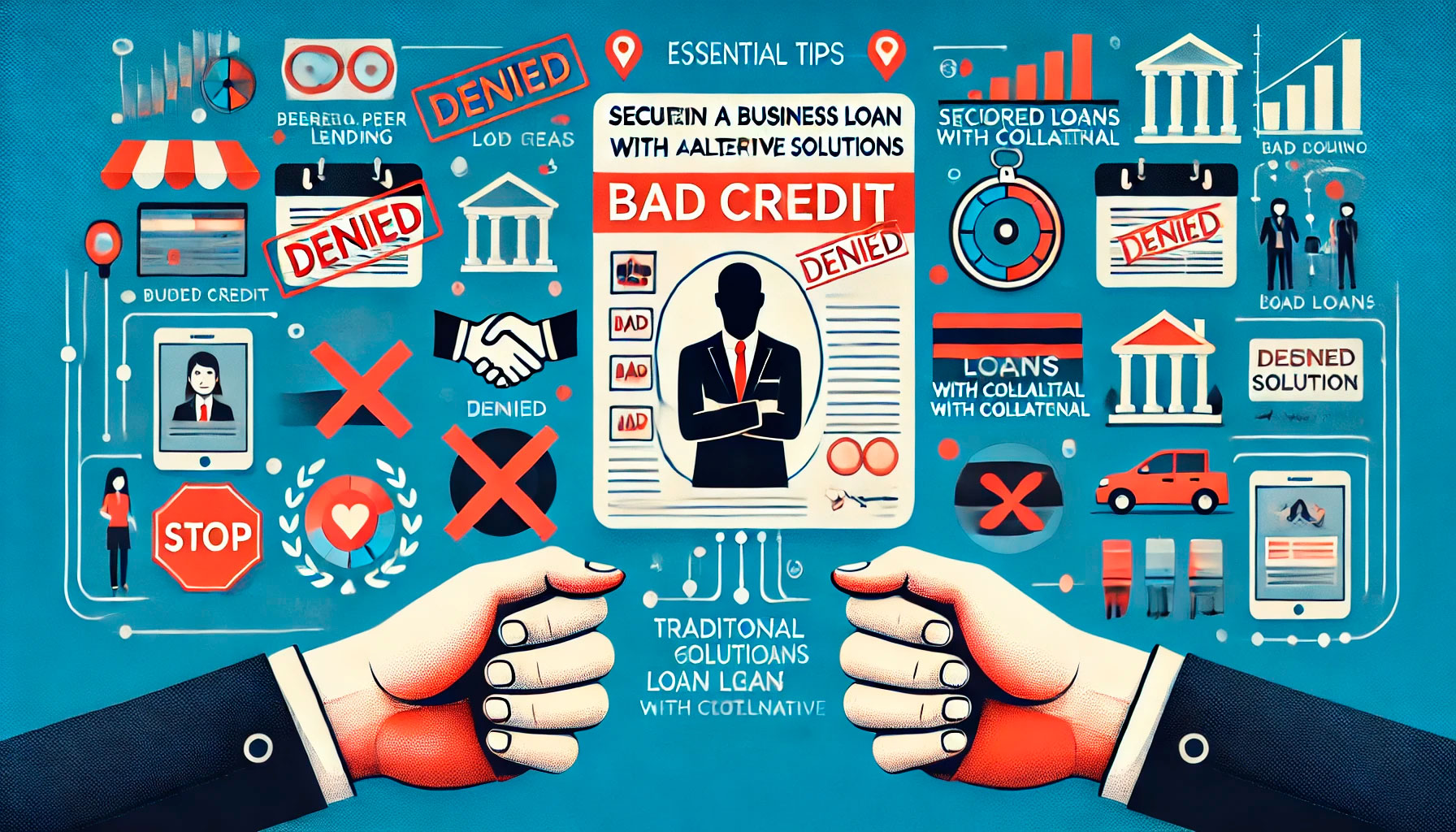
Understanding the Risks and Rewards of Business Credit Cards
For many businesses, particularly small and medium enterprises, credit cards are an essential financial tool. They provide flexibility, the potential for rewards, and easy access to financing when needed. However, business credit cards come with their own set of risks, including the potential for high-interest debt and the impact on personal credit. Understanding the full range of benefits and risks can help business owners make informed decisions about when and how to use business credit cards effectively.
Rewards of Using Business Credit Cards
Business credit cards offer many advantages, from financial flexibility to rewards that can directly benefit your business. However, these rewards are most beneficial when managed with a clear strategy.
1. Simplified Cash Flow Management
One of the primary reasons businesses turn to credit cards is to manage cash flow. The ability to make purchases and pay for them over time can smooth out periods of uneven revenue. For businesses dealing with seasonal variations or uneven income cycles, a business credit card can help cover operational expenses until revenue picks up.
Moreover, credit cards allow businesses to take advantage of bulk purchasing or timely investments in inventory or equipment without waiting for cash reserves to build up. This flexibility in cash management makes credit cards an appealing option for businesses of all sizes.
2. Building and Improving Business Credit
A business credit card is one of the most straightforward ways to build a company’s credit history. Consistent on-time payments and responsible credit use help increase a business’s credit score, making it easier to secure favorable financing terms in the future. As your business grows, a strong credit history will be essential for securing larger loans, lines of credit, and better interest rates.
It’s important to keep in mind that building credit with a business credit card requires discipline. Paying only the minimum payment can lead to long-term debt, while missing payments could hurt your credit score and make it more difficult to obtain financing later.
3. Earning Rewards and Cash Back
One of the most attractive features of business credit cards is the rewards program. Many cards offer cashback, points, or travel miles for every dollar spent. Depending on the type of card, businesses can earn significant rewards that can be reinvested into operations. For example, cashback can offset some business expenses, while travel rewards can help cover business travel costs.
To maximize rewards, it’s important to choose a card that matches your business’s spending patterns. Cards that offer higher rewards for specific categories, such as office supplies, fuel, or travel, can lead to substantial savings over time.

The Risks of Business Credit Cards
Despite their many advantages, business credit cards also come with risks, especially when not used responsibly. These risks can jeopardize a company’s financial health if left unmanaged.
1. High-Interest Rates
One of the biggest risks associated with business credit cards is the high-interest rates. While credit cards offer flexibility, they also charge higher interest rates than most business loans or lines of credit. If your business carries a balance from month to month, the interest charges can quickly accumulate, turning what was initially a convenient solution into a costly financial burden.
To minimize the impact of interest, it’s essential to pay off the full balance each month. If that’s not possible, prioritize paying off high-interest debt first to reduce long-term costs.
2. Accumulating Debt
Because business credit cards provide easy access to funds, it’s easy to overextend and accumulate debt. Businesses that rely too heavily on credit cards to cover operational expenses or deal with cash flow shortages risk falling into a cycle of debt. Over time, high balances can lead to missed payments, damaged credit, and reduced access to future financing.
To avoid falling into the debt trap, business owners should set clear spending limits, monitor expenses closely, and have a repayment plan in place. Regularly reviewing credit card statements can help identify spending patterns and ensure that the business stays on track financially.
3. Impact on Personal Credit
Many business credit cards require a personal guarantee, meaning that the business owner is personally responsible for the debt. If the business is unable to make payments, the owner’s personal credit score could suffer. This personal guarantee adds a layer of risk for business owners, as any financial trouble in the business can directly affect their personal finances.
Understanding the terms of your credit card agreement is essential. Business owners should be aware of how their personal credit is tied to their business credit card and take steps to protect their personal financial well-being.
Strategies for Managing Business Credit Cards Effectively
While the risks of business credit cards are significant, they can be managed effectively with the right strategies. These strategies can help businesses maximize the benefits of credit cards while avoiding financial pitfalls.
1. Monitor and Track Spending
Regularly reviewing your credit card spending is essential for maintaining control over expenses. Many business credit cards offer tools for tracking purchases by category, which can help you analyze where your money is going. Monitoring spending not only helps prevent overspending but also makes it easier to identify areas where you can cut costs or improve efficiency.
2. Set Clear Budget Limits
Setting spending limits for both the business and any employees who use the company credit card is an effective way to avoid overspending. Clear guidelines on what purchases can be made with the credit card will ensure that the card is used for necessary expenses only, rather than nonessential items that can accumulate debt.
3. Pay Off Balances in Full
To avoid high-interest charges, always aim to pay off the full balance each month. If paying in full is not possible, focus on paying more than the minimum payment to reduce interest accrual. Establishing a consistent repayment schedule can help businesses avoid accumulating debt and maintain a healthy credit profile.
Conclusion
Business credit cards offer a range of rewards and benefits that can support growth, cash flow management, and financial flexibility. However, they also come with inherent risks, such as high-interest debt, the potential for accumulating financial strain, and personal credit exposure. By carefully managing spending, setting clear limits, and paying off balances in full, businesses can mitigate these risks and use credit cards effectively. When used responsibly, a business credit card can be a powerful tool that enhances financial stability and drives long-term success.
You May Also Like

How to Secure a Business Loan with Bad Credit
September 11, 2024
How Rising Interest Rates Will Affect Your Business Loan in 2024
July 21, 2024
